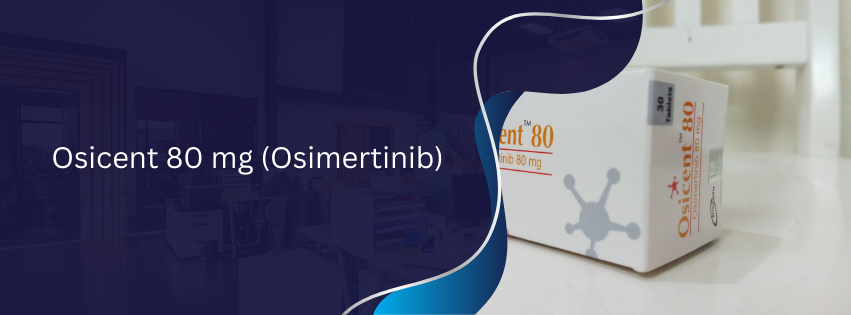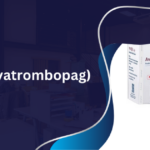Recent advancements in lung cancer treatment have led to the development of several innovative therapies that offer hope for improved patient outcomes. These treatments encompass novel drug combinations, targeted therapies, and immunotherapies, each designed to address specific genetic mutations and tumor characteristics.
1. Amivantamab and Osicent 80 mg (Osimertinib) Combination: A groundbreaking combination of amivantamab, a bispecific antibody targeting EGFR and MET, with lazertinib, an EGFR tyrosine kinase inhibitor, has demonstrated significant efficacy in treating advanced non-small cell lung cancer (NSCLC). Clinical trials have shown that this combination extends progression-free survival by over 40% compared to standard treatments. Patients receiving this regimen experienced an average of 23.7 months without disease progression, offering a substantial improvement over the 16.6 months observed with existing therapies.
2. mRNA-Based Cancer Vaccines: Moderna’s development of mRNA-4359 represents a significant leap in cancer vaccination. In early studies involving patients with advanced cancers, including melanoma and lung cancer, the vaccine effectively halted tumor growth and prevented new tumor development. Leveraging mRNA technology akin to that used in COVID-19 vaccines, mRNA-4359 stimulates the immune system to identify and attack cancer cells specifically. While well-tolerated, further research with larger patient groups is necessary to fully assess its effectiveness.
3. Imdelltra for Small Cell Lung Cancer: Imdelltra, developed by Amgen, offers a promising treatment for small cell lung cancer (SCLC), a subtype known for its aggressive nature. This drug activates T cells to target specific proteins on cancer cell surfaces, leading to significant tumor reduction and extended patient survival. Notably, patients in advanced stages experienced a tripling of lifespan compared to standard care. The FDA approved Imdelltra in May 2024, marking a pivotal moment in SCLC therapy.
4. Sotorasib for KRAS G12C Mutation: Sotorasib has emerged as a targeted therapy for tumors harboring the KRAS G12C mutation, present in approximately 13% of NSCLC cases. Clinical trials have demonstrated that sotorasib improves progression-free survival compared to traditional chemotherapy, with patients experiencing a median progression-free survival of 5.6 months versus 4.5 months with chemotherapy. This advancement provides a new avenue for patients with this specific genetic profile.
5. Alectinib as Adjuvant Treatment: Alectinib, an anaplastic lymphoma kinase (ALK) inhibitor, has received FDA approval as an adjuvant treatment for patients with ALK-positive early-stage NSCLC following tumor resection. In clinical studies, patients treated with alectinib showed improved disease-free survival rates compared to those receiving standard chemotherapy. This approval offers a new post-surgical treatment option aimed at reducing cancer recurrence.
6. Repotrectinib for ROS1-Positive Tumors: Repotrectinib is a next-generation tyrosine kinase inhibitor targeting ROS1-positive tumors, including certain NSCLC cases. Clinical trials have demonstrated its efficacy in shrinking tumors and improving progression-free survival. Approved by both the FDA and the European Medicines Agency, repotrectinib represents a significant advancement for patients with ROS1-positive cancers.
7. Osimertinib for EGFR Mutations: Osimertinib is a third-generation EGFR inhibitor effective against specific mutations in NSCLC. It preferentially binds to mutated EGFR proteins, including the T790M form, and has shown efficacy in patients with activating EGFR mutations. In February 2024, the FDA approved osimertinib, in combination with platinum-based chemotherapy, for patients with locally advanced or metastatic NSCLC harboring EGFR mutations.
These developments underscore a dynamic and rapidly evolving landscape in lung cancer treatment, offering patients more personalized and effective therapeutic options tailored to specific genetic profiles and tumor characteristics.



